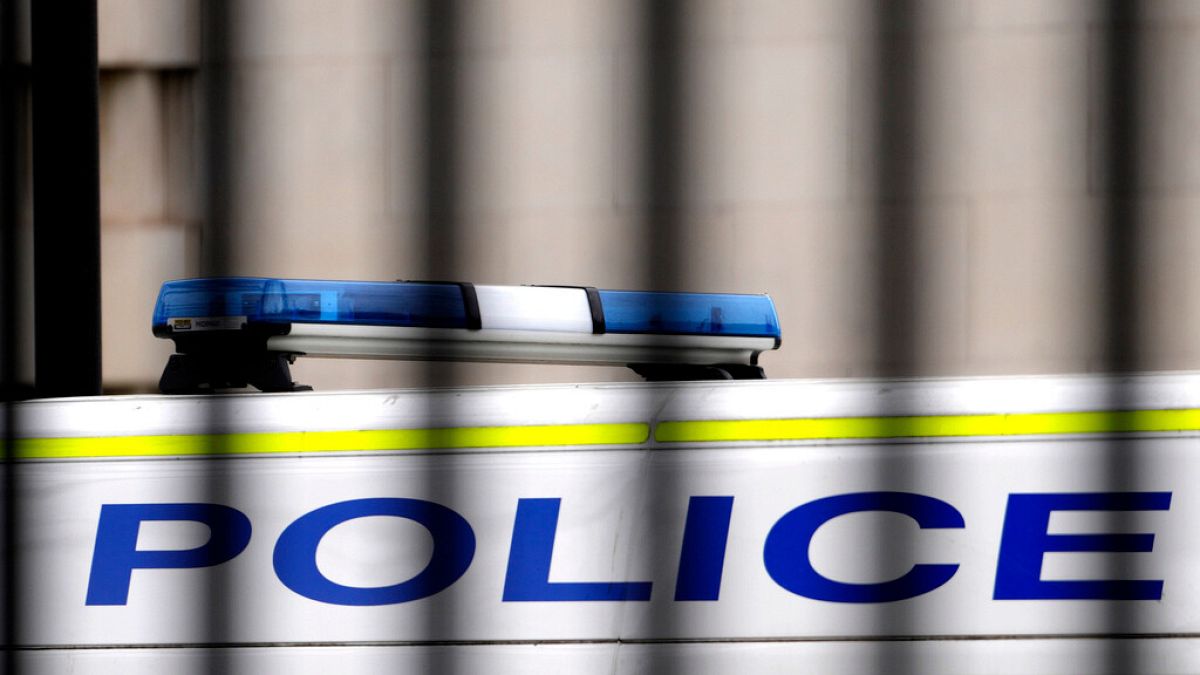Commonwealth summit agreement raises slavery reparations after row with UK
Summit communiqué urges dialogue on reparatory justice despite Prime Minister Keir Starmer's insistence the issue would not be on the agenda.
MALUA, Samoa — Britain’s former colonies agreed “the time has come” for a conversation about reparatory justice for the slave trade, after a row over the issue dominated the Commonwealth’s biennial summit.
A communiqué from 55 Commonwealth nations in Samoa, including the U.K. and many members of its former empire, said heads of government, “noting calls for discussions on reparatory justice with regard to the transatlantic trade in enslaved Africans and chattel enslavement … agreed that the time has come for a meaningful, truthful and respectful conversation towards forging a common future based on equity.”
The wording was agreed after sustained pressure from some member states, particularly Caribbean countries, despite Britain insisting reparations were “not on the agenda” for the summit.
The wording largely matches that of a version of the communiqué that was leaked earlier this week to the BBC, suggesting that Caribbean nations won out in a tussle with the U.K. over the phrasing.
However, another part of the leaked version that pledged “to prioritize and facilitate further and additional research on the transatlantic trade in enslaved Africans and chattel slavery” did not appear in the final communiqué.
U.K. Prime Minister Keir Starmer insisted he had had a “very positive two days” at the summit, at which the dominant themes had been resilience and climate.
Speaking days before his government’s first budget, Starmer added: “None of the discussions have been about money, our position is very, very clear in relation to that.”
He said the issue will be revisited when a delegation of Caribbean nations visits the U.K. next year.
Starmer had faced pressure from Caribbean countries to discuss reparatory justice for the slave trade and climate change. Despite his office initially insisting the issue was “not on the agenda” at the summit in Samoa, it formed part of his statement to 55 fellow Commonwealth members on Friday.
While saying “I understand the strength of feeling,” the prime minister continued to insist he wanted to be “looking forward, not back.” He added that he wanted to “move forward together on climate resilience, on education, on trade and on growth to better enable us to address the inequalities of today.”
Several nations raised the subject of reparatory justice in the Friday sessions, at which Starmer was present, a person with knowledge of the talks told POLITICO.
Starmer’s press conference ran more than an hour late as deliberations continued over the wording of the summit communiqué.
However Starmer told journalists: “The delay was not on paragraph 22 on reparations; that was locked down hours ago.”
Earlier on Saturday, Commonwealth leaders chose Ghana’s Foreign Minister Shirley Botchwey as the body’s new secretary-general in an opaque, behind-closed-doors retreat with no aides.
Ghana recently hosted a conference on reparations, but Botchwey told a debate hosted by the Chatham House think tank last month: “It had moved from financial reparations now to justice in terms of what do we get for climate? What do we get in terms of the development cooperation framework?”
What's Your Reaction?


















































